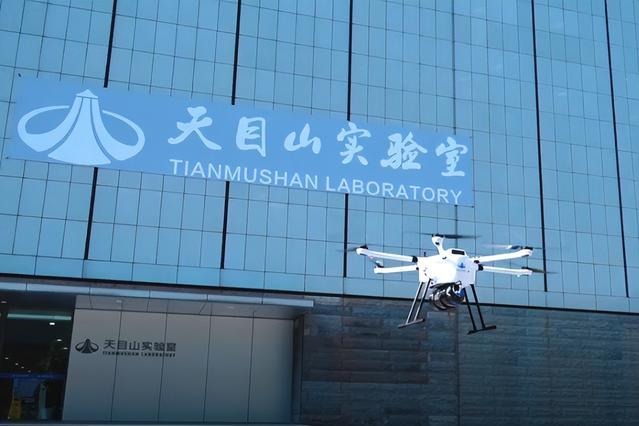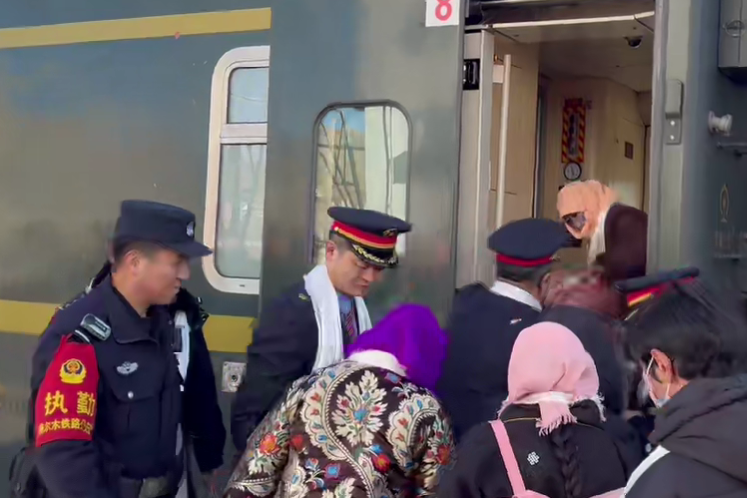Iraqi PM to resign in wake of spiraling violence

BAGHDAD-Iraqi Prime Minister Adel Abdul-Mahdi said on Friday he would submit his resignation to parliament, a day after 40 anti-government protesters were killed by security forces.
The spike in the death toll from long-running protests came during 24 hours of bloodshed in the capital and Iraq's south, security and medical officials said on Thursday. An Iranian consulate was torched on Wednesday.
"I will submit to Parliament an official memorandum resigning from the current prime ministry so that the parliament can review its choices," he said. Abdul-Mahdi was appointed prime minister just over a year ago as a consensus candidate between political blocs.
Iran condemned the burning of its consulate in the holy city of Najaf before violence continued into the night on Thursday across southern Iraq, where security forces had killed 36 protesters and wounded 245 since Wednesday evening, the officials said. A further four protesters were shot dead in the capital. The officials spoke on condition of anonymity in line with regulations.
Police and military forces were deployed across key oil-rich provinces to reopen roads closed off by demonstrations.
Crisis committees were created to enhance coordination between Abdul-Mahdi and governors in provinces affected by the protests "for the importance of controlling security and enforcing the law", said a statement from the joint operations command.
In Baghdad, aside from the four protesters shot dead, the security forces wounded 22 when they tried to cross the important Ahrar Bridge leading to the nearby Green Zone, the heavily fortified seat of Iraq's government. Protesters have been occupying parts of the Jumhuriya, Sinak and Ahrar bridges, all of which lead to or near the fortified area.
In Najaf, five protesters were fatally shot and 32 wounded when the security forces opened fire to prevent them from torching a central mosque named after the father of a prominent political leader, officials said.
The attack on the consulate in Najaf was one of the worst of its kind targeting Iranian interests in the country since the anti-government protests erupted two months ago.
The unrest in Iraq began on Oct 1, when thousands took to the streets in Baghdad and the predominantly Shiite south. The largely leaderless movement accuses the government of being hopelessly corrupt and has also decried Iran's growing influence in Iraqi state affairs. At least 350 people have been killed by security forces.
Iran has called for a "responsible, strong and effective" response to the burning of its consulate, Abbas Mousavi, a Foreign Ministry spokesman, said in a statement to Iran's official IRNA news agency.
Iraq's Ministry of Foreign Affairs condemned the attack, saying it was perpetrated by "people outside of the genuine protesters" seeking to harm relations between the countries.
One demonstrator was killed and 35 wounded when police fired live ammunition in a failed effort to prevent protesters entering the consulate building. Once inside, the demonstrators removed the Iranian flag and replaced it with an Iraqi one, said a police official who spoke on condition of anonymity.

Today's Top News
- China remembers victims of Nanjing Massacre, 88 years on
- New plan will be a road map for a stronger future
- Taiwan's character of the year a vote against confrontation
- Strengthened resilience key for economy
- Video sheds new light on Japan's wartime atrocities
- Xi: World yearns for peace, trust more than ever






























